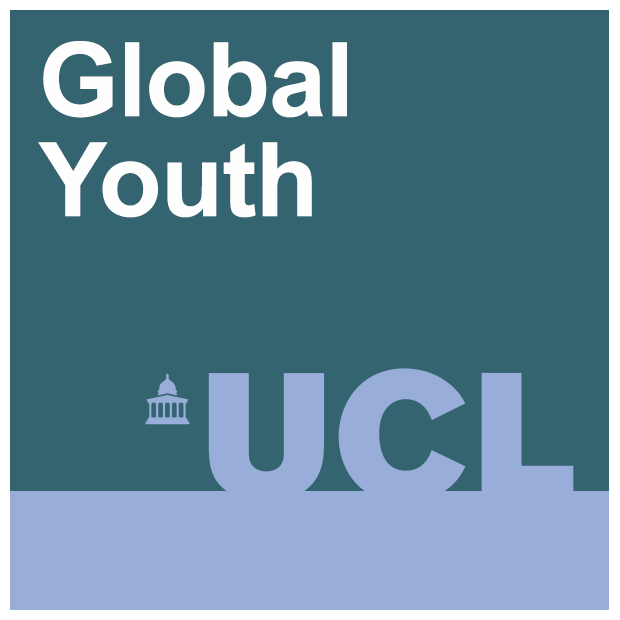Intergenerational perspectives on growing up in coastal towns: a new project on coastal youth experiences
By UCL Global Youth, on 8 April 2022
By Rachel Benchekroun (Research Assistant, TCRU/CGY) and Pippa Curtin (Voice and influence co-ordinator, North East Lincolnshire Council)
Living in a coastal town in the UK offers unique opportunities, but research shows there are increased risks of poor outcomes in health, education and employment (CMO 2021, HOL 2019, Agarwal et al. 2018). Geographical isolation, limited transport networks and the decline of fishing and heavy industries since the 1970s have been key factors.
Our new project builds on earlier work led by Dr Avril Keating (Centre for Global Youth) with young people in Grimsby and Cleethorpes, and asks about growing up in coastal towns today compared with earlier, more prosperous, eras. We are co-producing the new study with young people and community groups, bringing together residents of different generations to explore their experiences of growing up in North East Lincolnshire. How has life changed in their coastal towns since the postwar ‘boom’ years, and how has this shaped young people’s experiences of growing up? What do residents of different generations see as the challenges for young people in coastal towns, and how might these be overcome?
Co-producing knowledge
We will also explore how co-production methodologies can facilitate intergenerational dialogue on these issues, and we’ll seek to develop shared understandings. UCL researchers, national organisation Young Advisors and NE Lincolnshire Council are excited to develop our collaborative work. This month, we’re training a group of young people as young researchers. Through a series of workshops, we’re working together to design and carry out research with young and older residents.
As a team, we’re developing innovative participatory methods, including community events to host group discussions, in-depth one-to-one interviews using potographic and mapping methods, and walking tours of Grimsby and Cleethorpes. Walking tours will offer opportunities not only for learning about local heritage, but also for finding out about future developments and sharing visions and aspirations. We aim to capture participants’ stories, reflections and ideas by recording conversations and taking photographs during our walks.
We’ll bring participants together to discuss and debate the challenges young people face growing up in coastal towns, and to share ideas for how these should be tackled. Together, we’ll make a plan to share our findings with local and regional stakeholders, such as the Greater Grimsby Board (responsible for overseeing the Grimsby Masterplan), decision-makers from NE Lincs Children’s Services and Adults’ Services, and the Coastal Communities Alliance. Our young researchers will play a key role in sharing findings from this research project. We want to ensure that policymakers are taking account of young people’s views in shaping the future of their towns.
Project partners and funders
Thomas Coram Research Unit, part of UCL Social Research Institute, is delighted to have been awarded funding for this project by UCL Grand Challenges Special Initiatives (under the ‘Intergenerational Dynamics’ theme), as well as additional funding from the Office of the Pro-Vice-Provost (UK). The funding will enable us to build relationships with a range of partners, including researchers at the University of Lincoln. Led by Prof Claire Cameron, and supported by Niccola Hutchinson-Pascal of the Co-Production Collective, we’ve started sharing ideas about co-production with Dr Anna Tarrant and Debbie Taylor of the Grimsby Dads Collective, participatory heritage projects with Prof Carenza Lewis, and heath inequalities in rural areas with Prof Mark Gussy. We’re keen to build on existing partnerships and look forward to developing new partnerships with local and national arts, heritage and community organisations and employers interested in our research topic, including Onside (currently developing Grimsby’s new Horizon Youth Zone centre) and Associated British Ports. This project will run from March – 31 October 2022.
 Close
Close



